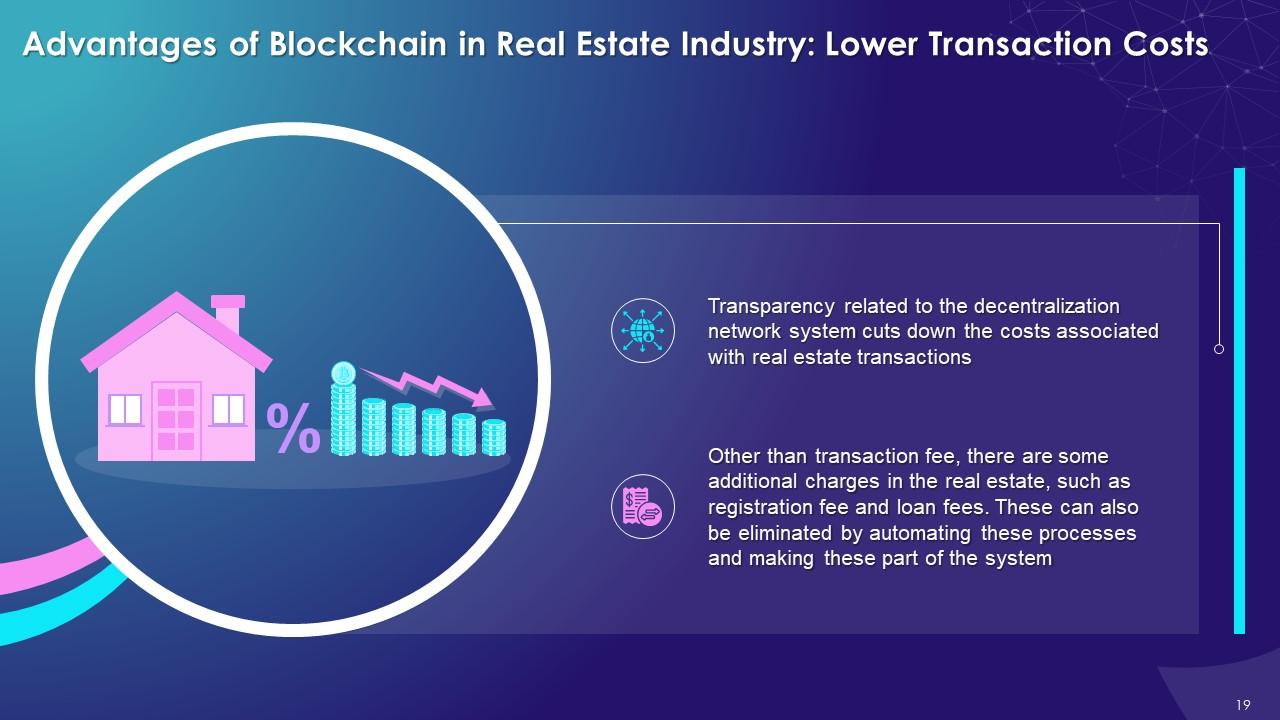
Transforming Real Estate: Blockchain Revolution in Transactions
Blockchain technology, known primarily for its role in cryptocurrency, is making waves in various industries, and real estate is no exception. In 2024, the integration of blockchain in real estate transactions is reshaping the way properties are bought, sold, and managed, introducing transparency, security, and efficiency to the traditionally complex real estate processes.
Decentralized Ownership Records:
One of the key applications of blockchain in real estate is the creation of decentralized ownership records. Traditionally, property ownership records are stored in centralized databases, making them susceptible to fraud and manipulation. Blockchain, with its decentralized and immutable ledger, provides a secure and transparent way to record and verify property ownership.
Smart Contracts Streamlining Transactions:
Smart contracts, self-executing contracts with the terms of the agreement directly written into code, play a significant role in blockchain-based real estate transactions. These contracts automate and streamline various processes, such as property transfers, payments, and even tenant agreements, reducing the need for intermediaries and minimizing the risk of errors.
Tokenization of Real Estate Assets:
Blockchain enables the tokenization of real estate assets, breaking down property values into digital tokens that can be easily traded. This fractional ownership model allows investors to own a share of high-value properties, promoting accessibility to real estate markets that were traditionally reserved for large investors. It also brings liquidity to the real estate market, allowing for easier buying and selling of property shares.
Enhanced Transparency and Trust:
Transparency and trust are paramount in real estate transactions. Blockchain provides an immutable and transparent record of every transaction and ownership change, offering all parties involved in a real estate deal access to the same information. This enhanced transparency reduces the risk of fraud and disputes, fostering a higher level of trust among buyers, sellers, and other stakeholders.
Immutable Property History:
The immutability of blockchain ensures that once a record is added to the ledger, it cannot be altered or deleted. This feature is particularly valuable in documenting the history of a property. From maintenance records to transaction history, blockchain maintains an unchangeable record, providing a comprehensive and reliable history of a property over time.
Global Accessibility to Real Estate Markets:
Blockchain breaks down geographical barriers, providing global accessibility to real estate markets. Through blockchain-based platforms, investors from around the world can participate in real estate transactions without the limitations of traditional banking systems. This inclusivity opens up new opportunities for real estate investment and development on a global scale.
Challenges and Regulatory Considerations:
While blockchain brings numerous benefits to real estate transactions, challenges and regulatory considerations exist. Legal frameworks, standards, and the need for industry-wide adoption must be addressed. However, as the technology matures and regulatory frameworks evolve, these challenges are likely to be mitigated.
Increased Efficiency and Cost Savings:
The automation and digitization facilitated by blockchain result in increased efficiency and cost savings in real estate transactions. With streamlined processes, reduced paperwork, and minimized reliance on intermediaries, transactions can be completed more swiftly and at a lower cost, benefiting both buyers and sellers.
Educating Industry Stakeholders:
The successful integration of blockchain in real estate transactions requires education and collaboration among industry stakeholders. Real estate professionals, government agencies, and investors need to understand the technology’s potential and work together to create a seamless and standardized blockchain ecosystem for the industry.
Wasl Group’s Exploration of Blockchain in Real Estate:
The Wasl Group is at the forefront of exploring and implementing innovative technologies in real estate, including blockchain. To learn more about the transformative projects and the integration of blockchain in real estate transactions, visit WaslInfo.org.
In conclusion, the blockchain revolution in real estate transactions is not just a technological advancement; it’s a transformative force that brings efficiency, transparency, and accessibility to the real estate industry. As blockchain continues to mature and gain widespread acceptance, it has the potential to redefine how we buy, sell, and manage real estate, creating a more secure and streamlined experience for all stakeholders.
